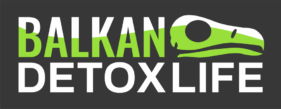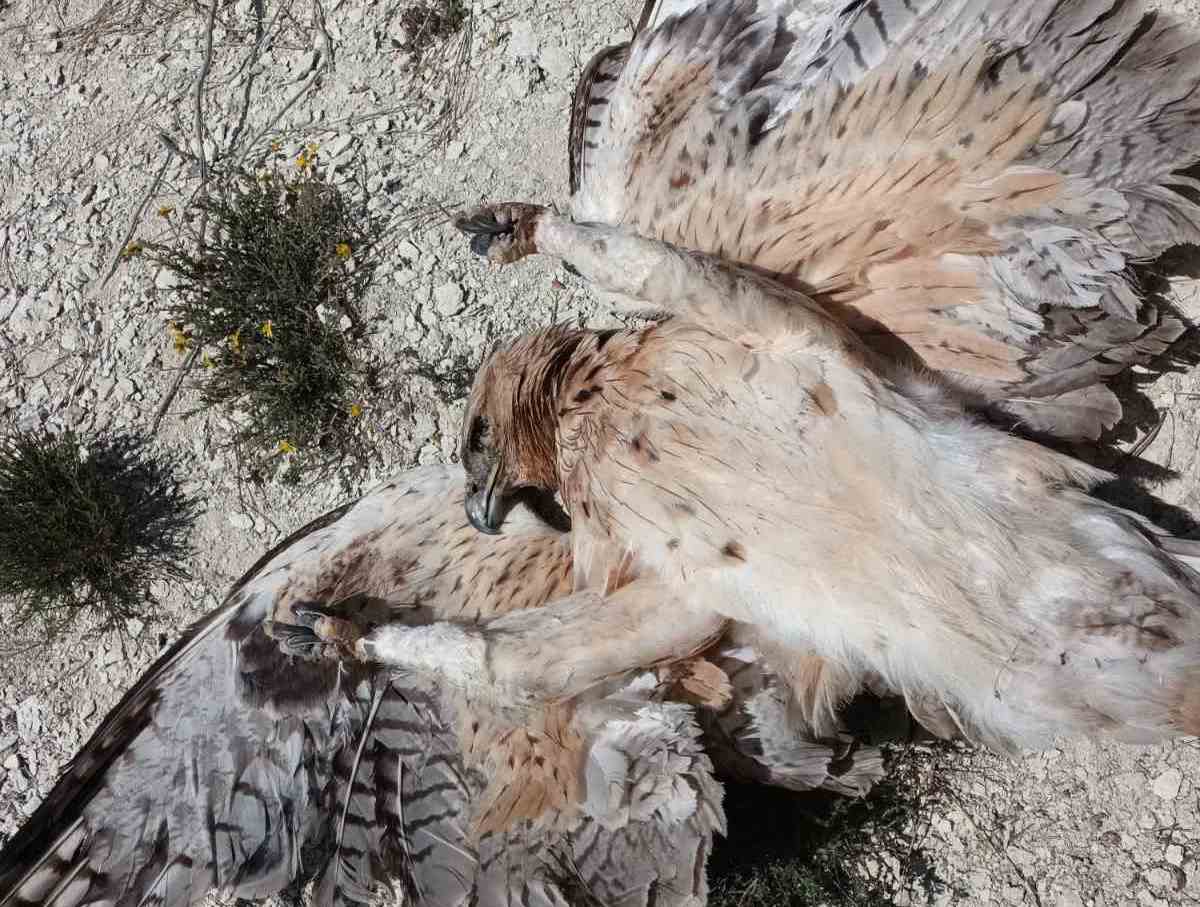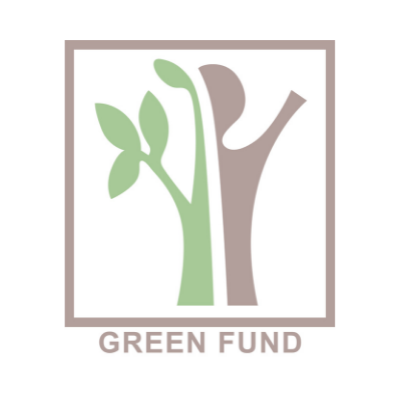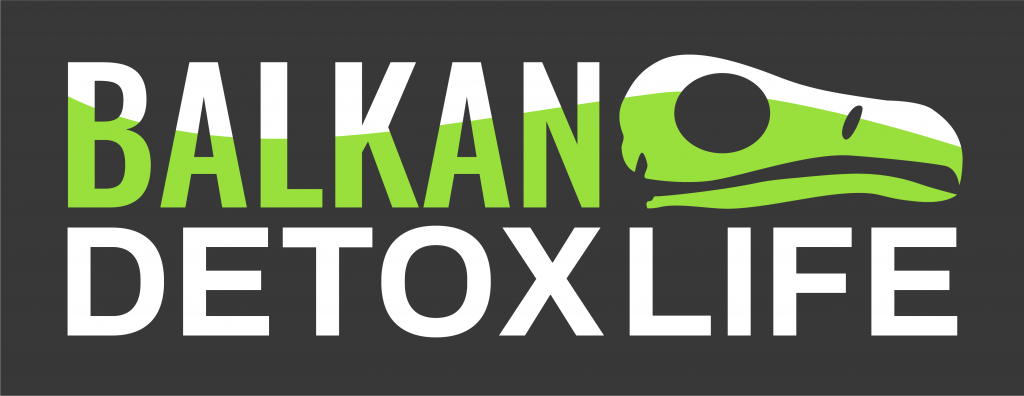Today, we are moving away from the Balkans to share a milestone in the fight against illegal wildlife poisoning in Cyprus, where for the first time, prosecuting authorities issued a €21,000 fine for poisoning and killing wild birds. The fine represents a big step forward that will hopefully have a strong deterrent effect on poisoning and similar illegal actions, which cause devastating impacts on wildlife, especially the protected Griffon Vulture, which is a highly threatened species in Cyprus.
Investigation launches and identifies a suspect
In December 2021, the Game and Fauna Service received an alarming signal from the GPS transmitter fitted on one of the Bonelli’s Eagles they monitored. The worrying data indicated something was wrong with the eagle and immediately mobilised a GFS team that swiftly visited the precise location, near Dierona village in the Limassol district. Upon arriving at the scene, they discovered the worst – the GPS-tagged Bonelli’s Eagle was dead, and in the nearby area lay the carcasses of one more Bonelli’s Eagle and one Goshawk.


In collaboration with the Cyprus Police, the GFS swiftly launched an investigation to examine the suspicious circumstances of the scene and determine what happened to the three dead birds of prey, collecting evidence that eventually linked the birds’ mortality to a specific individual. The Cypriot authorities followed the procedures defined within the BalkanDetox LIFE’s Wildlife Crime Academy (WCA), a learning platform using Spanish best practices organised by the Vulture Conservation Foundation (VCF), the Regional Government of Andalusia (Junta de Andalucía) and the Spanish Ministry for the Ecological Transition and the Demographic Challenge (Ministerio para la Transición Ecológica y el Reto Demográfico).
“The Wildlife Crime Academy raises the operational capacities of competent professionals from Europe and beyond to effectively detect, manage, investigate and prosecute wildlife crime incidents in their respective countries. One of the ultimate goals of the WCA is to see more cases processed, more convictions achieved and less wildlife killed in nature.”
— Jovan Andevski, VCF’s Programmes Manager
Proper response to poisoning incident leads to a conviction
The individual received a fine for the offence of killing wild birds with the use of poison and the offence of intentionally killing and/or capturing a protected wild bird. The necropsy and related toxicological analyses on the bird carcasses revealed they died from Carbofuran, a highly toxic substance banned in the EU since 2008.
The suspect was fined €21,000 under the provisions of the Protection and Management of Wild Birds and Game Law of 2003. If the suspect does not pay the fine, he will be taken to court. According to the provisions of the above legislation, the court can impose a prison sentence of up to 3 years or a fine of up to €20,000 or a combination of these for each offence separately!
A big win for the fight against wildlife crime
This is the first time in Cyprus that the crime of using poison baits and killing wild birds has been prosecuted. The law foresees very severe penalties for killing a threatened species, such as Bonelli’s Eagle in this case. The prompt mobilisation and coordination among the competent authorities for the thorough investigation of the case played a crucial role, namely the Police, the Game and Fauna Service, the State General Lab, the Veterinary Services and the Department of Agriculture. This result comes after the targeted effort from several stakeholders to acquire capacity and knowledge on the forensic investigation of wildlife crimes through participation in the Wildlife Crime Academy.
“The culmination of everyone’s efforts marks a milestone and is a positive development in the intensive efforts being made by all involved to combat the use of poison baits in the countryside. We believe that Cyprus is now ready to follow the example of other European countries and invest even more in efforts to prevent wildlife poisoning. As an example, I mention that in 2019, in Spain, three people were sentenced to 2 years and 8 months in prison and were ordered to pay €67,538 in compensation for the wildlife damage they caused.”
— Melpo Apostolidou, BirdLife Cyprus’ Project Coordinator
Poisoning is an environmental crime with highly damaging effects
Placing poison baits in the countryside is a wildlife crime that has driven iconic bird species, such as the Griffon Vulture, to the brink of extinction in Cyprus. Since 2005, 31 vultures have been poisoned, leaving Cyprus now with a population of only nine vultures, which is being restocked with birds coming from Spain as part of the LIFE with Vultures project.
All cases of poisoning must be thoroughly investigated to identify the suspects and prosecute them. The public can assist in these efforts by reporting such wildlife crime incidents to the competent authorities. In Cyprus, they can do so by contacting the Game and Fauna Service’s Anti-poison Dog Units at +35799267916 or +35799255086, as well as the local police station.























